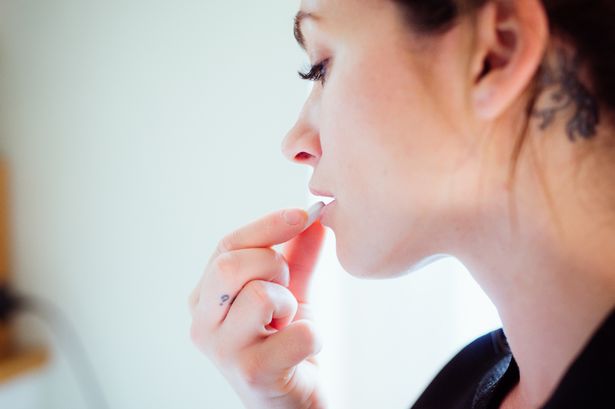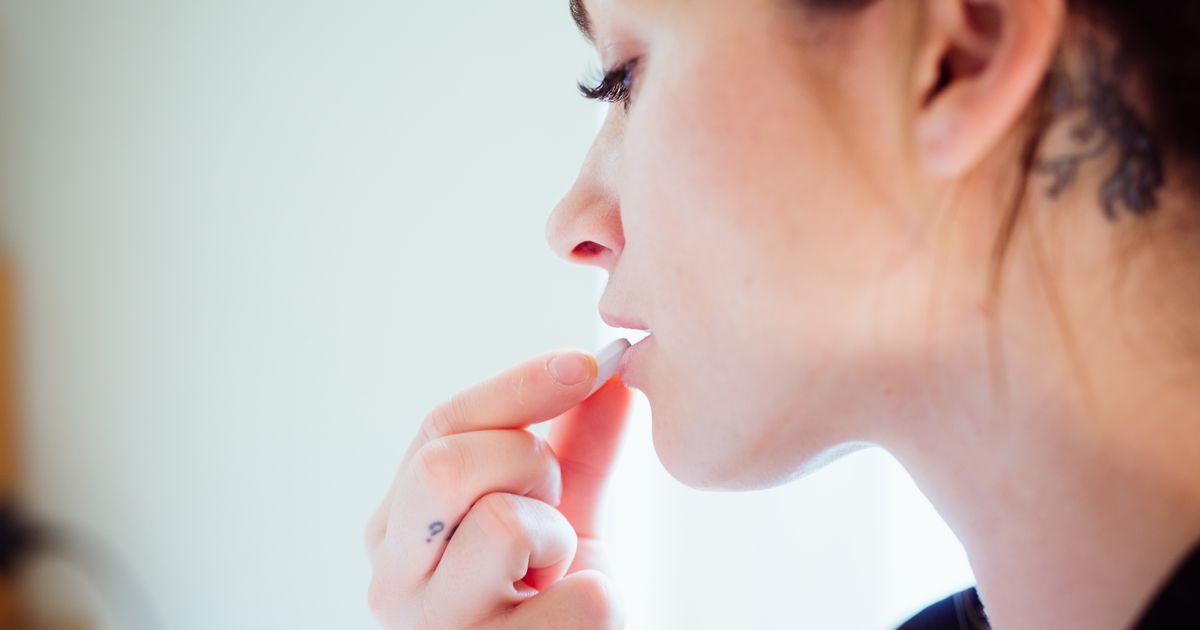Many Brits will be turning to antihistamines to combat hay fever symptoms as the Met Office warns of ‘very high’ pollen levels in parts of the UK this week An expert warned against taking hay fever tablets alongside certain medications(Image: Guido Mieth)
An expert warned against taking hay fever tablets alongside certain medications(Image: Guido Mieth)
A pharmacist has issued a caution about the potential dangers of mixing hay fever tablets with certain common medications. Combining these drugs could lead to serious side effects including breathing issues, constipation, and heart complications.
Throughout spring and summer, hay fever symptoms become a problem or millions of Brits. Known medically as allergic rhinitis, this condition is triggered by an allergy to pollen.
The Met Office recently alerted that “very high” pollen levels are expected in parts of the UK, with London and the southeast bearing the brunt today (June 2). Meanwhile, regions such as the southwest, Midlands, and east of England are set to experience “high” pollen counts over the coming four days.
To alleviate the distressing symptoms of hay fever, like sneezing, coughing, itchy eyes, and headaches, many turn to medication. Generally, these remedies are considered safe, but an expert has highlighted the risks associated with taking them alongside other drugs.
Peter Thnoia, the superintendent pharmacist at PillTime, pointed out that those who regularly consume sleeping pills or specific antidepressants might be at risk of experiencing adverse side effects.
Sleeping tablets
Peter cautioned that individuals who are on sleep aids or tranquillisers, such as diazepam or zopiclone, could face an increased risk of respiratory issues if these medications are combined with certain allergy treatments. “Hay fever is taking a toll on the nation, but consuming these sedative-type tablets is not advisable if you’re already on medication to aid sleep,” he said.
“Not only will they both work together to sedate you, but it can affect breathing, leading to shortness of breath. It can also result in dizziness and in severe cases, individuals could even lose consciousness”.
The worry revolves around first-generation antihistamines like diphenhydramine and chlorpheniramine. These medications are notorious for inducing sleepiness, which can turn hazardous when mixed with other sedatives. However, safer alternatives do exist.
Peter pointed out that non-sedating antihistamines, such as loratadine, cetirizine, and fexofenadine, are readily available and generally safe to use alongside sleep aids or tranquillisers. “These are becoming increasingly prevalent on shelves and are less likely to cross the blood-brain barrier, so shouldn’t induce the same sedative effects”, he stated.
Antidepressants
Peter highlighted that specific antidepressants could pose sedation issues when mixed with drowsy hay fever medication, and long-term use may even lead to severe heart rhythm disorders. He warned: “Tricyclic antidepressants – or TCAs, as they’re known – are like sleeping tablets in that they’re a powerful sedative, so anyone who takes them and then takes a drowsy hay fever tablet runs the risk of developing serious side effects.
“Both medications are anticholinergic too, so taking both means people could start to see other issues, like dry mouth, blurred vision and constipation.” Even commonly used SSRIs, such as sertraline, can cause issues especially when taken alongside more outdated antihistamines.
He continued: “SSRIs are some of the most common antidepressants prescribed, so many people are surprised to see that they can react badly when combined with everyday tablets to tackle allergies. The various drugs within the SSRI category carry a range of side-effects relating to drowsiness, yet all have sedative qualities, hence the recommendation to opt for non-drowsy versions while dealing with hay fever symptoms.”
Alcohol
Lastly, Peter highlighted a crucial point regarding the dangers of mixing certain substances with antihistamines, pointing out that one isn’t even a medication. He said: “Alcohol significantly amplifies the sedative effect of first-generation hay fever tablets, which can result in severe impairment and lead to unconsciousness or serious accidents.
“Even non-drowsy antihistamines can occasionally react with alcohol, depending on individual sensitivity, so it’s best to avoid alcohol altogether if you’re thinking of allergy medication.”
If you are grappling with hay fever, the NHS advises consulting with a pharmacist to find the most effective remedies to help alleviate your symptoms.
